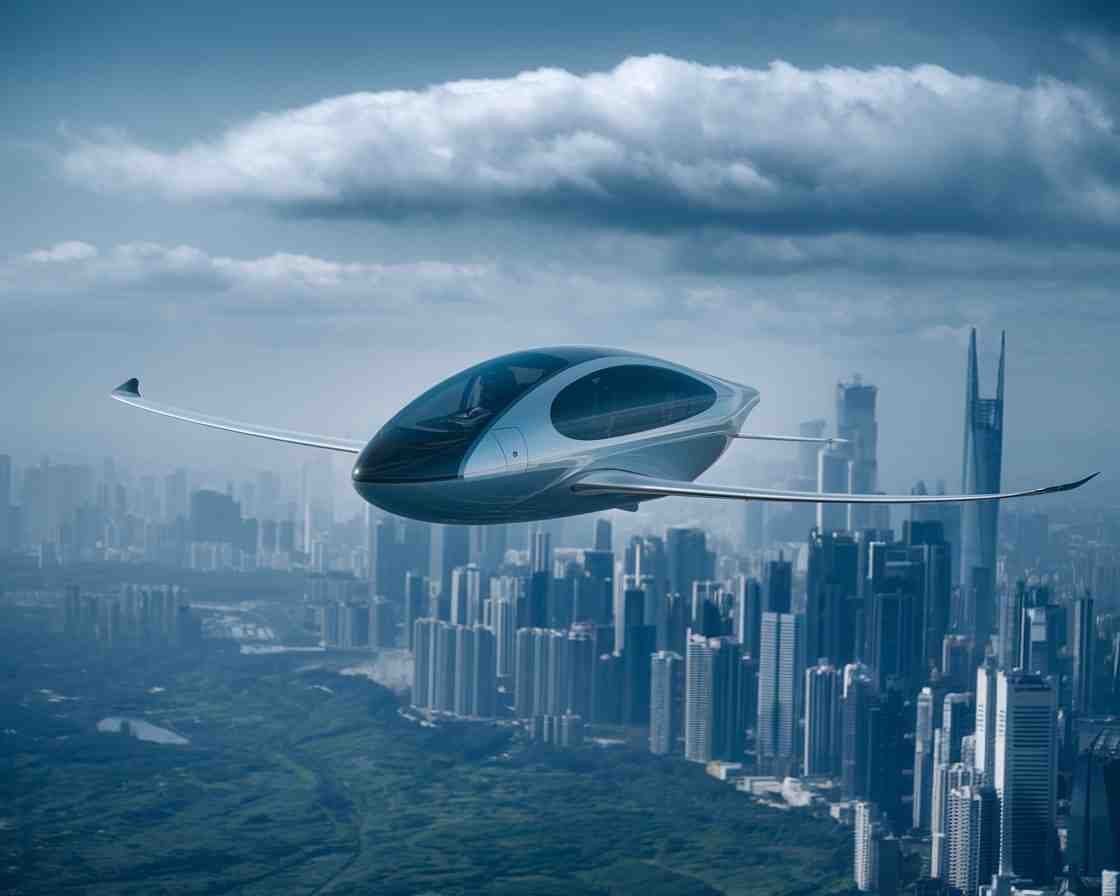
Aviation Sector and Artificial Intelligence
Artificial Intelligence (AI) is revolutionizing the airline industry. From safety enhancements to passenger service, AI is shaping the future of aviation. By 2028, the AI-driven aviation market is expected to grow by 26.5%, reaching a value of $914.1 million. In 2022, Swiss International Airlines saved $5.4 million by using AI to analyze flight operations and forecasts.
AI in Aircraft Maintenance and Safety
Unplanned management leads to significant flight delays. In 2023, 7% of global flights were delayed. AI helps prevent this by using capability sensors to monitor aircraft components. As a result, airlines can avoid downtime and improve safety.
Moreover, AI algorithms analyze past data to optimize maintenance schedules. In 2022, the global AI aviation market reached $728.05 million. AI also plays a key role in air traffic control. Machine learning systems automatically optimize routes, making airspace management more efficient.
AI in Flight Operations and Safety
1. Air Traffic Management
AI enhances air traffic control systems by optimizing flight routes and improving airspace management. Machine learning analyzes vast amounts of data, including weather forecasts, to ensure safe flight paths and schedules. Alaska Airlines uses AI to optimize flight planning, reduce transcontinental flight times by up to 30 minutes, and cut operational costs.
2. Predictive Maintenance
According to Deloitte, AI-powered smart aircraft health systems can cut operating costs by 25% by predicting maintenance needs. AI enables scheduled maintenance, reduces aircraft downtime, and enhances overall safety.
3. Crew Management
AI helps airlines assign crew members based on skill sets and experience, reducing delays and improving operational efficiency. Malaysia Airlines Berhad has signed a five-year contract with IBS Software’s AI-powered iFlight Crew platform to optimize crew scheduling and management.
AI in Fuel Efficiency and Cost Reduction

Fuel consumption optimization is crucial for the aviation sector. AI-powered tools analyze weather patterns, flight routes, aircraft performance, and passenger load to optimize fuel usage.
For example, AirAsia utilizes the ‘OptiClimb’ solution, which leverages machine learning algorithms to optimize takeoff speeds and save up to 3% on fuel per flight.
AI in Passenger Experience and Customer Service
1. Personalized In-Flight Services
AI enables airlines to provide customized in-flight meals based on passenger preferences, reducing food wastage. Airbus has introduced the ‘Food Scanner’ program, an AI-powered tool equipped with cameras and barcode scanners that track meal inventory and streamline catering services.
2. AI-Powered Chatbots
Singapore Airlines uses its AI-powered chatbot, ‘Chris,’ to assist passengers with flight searches, booking queries, baggage fees, and other inquiries, enhancing the customer experience.
3. AI in Baggage Handling
Eindhoven Airport has implemented the AI-based ‘BagsID’ system, allowing passengers to track their luggage using image recognition instead of traditional tags, improving baggage handling efficiency.
AI in Security and Biometric Identification
AI-based biometric security solutions have simplified airline operations. By 2030, biometric self-boarding gates are expected to increase by 78%, enhancing security by identifying suspicious activities in real-time. AI-powered speech recognition platforms like ‘AIOLA’ improve aviation safety by streamlining safety workflows, cockpit inspections, and crew coordination.
AI in Aircraft Manufacturing and Automation
Aircraft manufacturers such as Boeing are leveraging AI-driven robots for automated assembly, drilling, and painting, reducing production time and increasing efficiency. Machine learning also accelerates research and development in aircraft manufacturing.
AI in Dynamic Pricing and Revenue Management
Virgin Atlantic, in collaboration with tech company Fetcher, has introduced an AI-based ‘Generative Pricing Engine’ to dynamically adjust ticket prices based on market demand, optimizing revenue generation.
From predictive maintenance and flight optimization to AI-powered chatbots and biometric security, artificial intelligence is shaping the future of air travel. As AI technology advances, its integration into the aviation sector will continue to grow, making air travel safer, more efficient, and more profitable.




